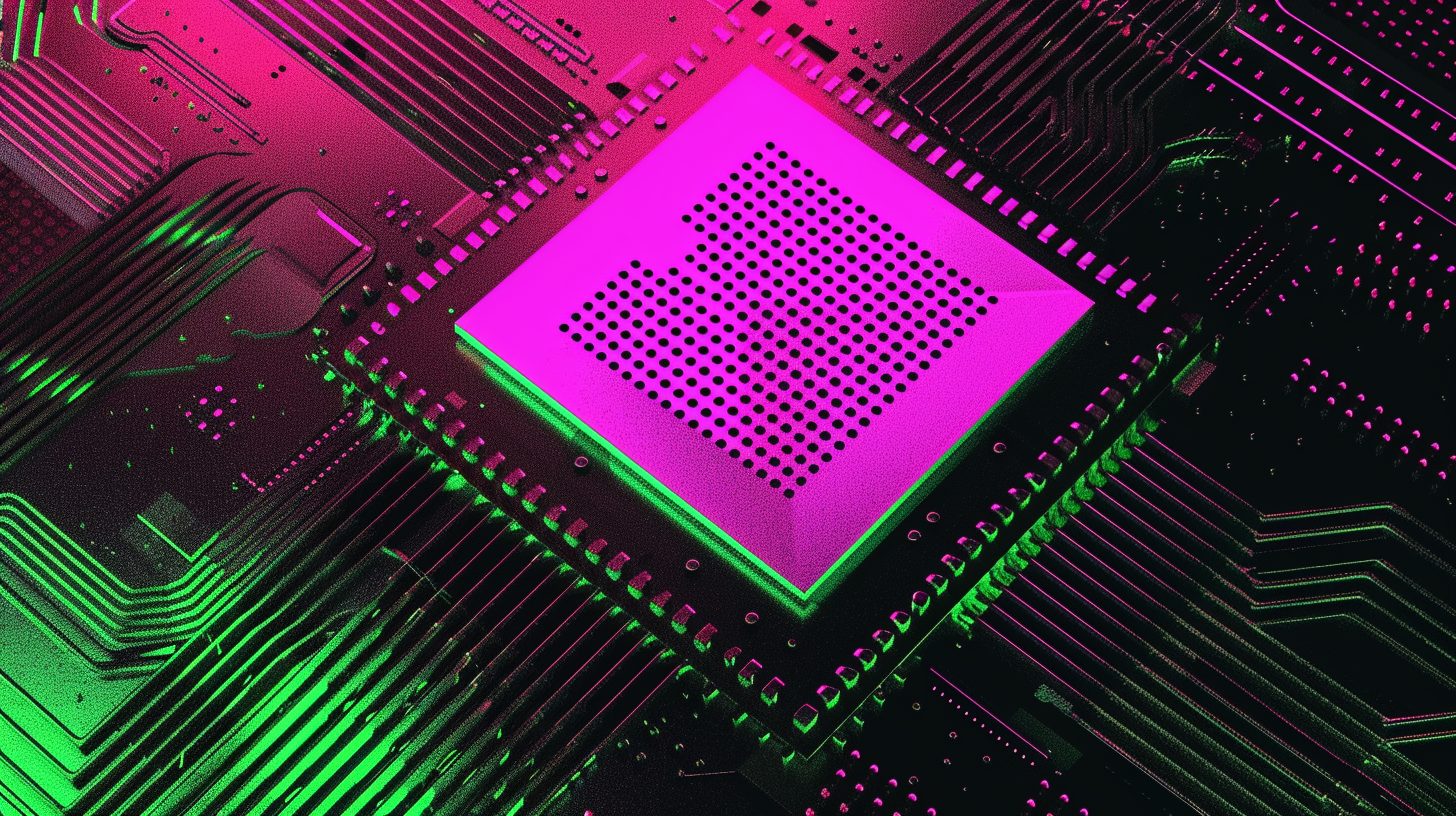TSMC is removing all Chinese equipment from its 2-nm chip factories, sources report

Key Points
- TSMC is removing all Chinese manufacturing equipment from its new 2-nanometer chip factories to avoid possible US sanctions under the proposed Chip EQUIP Act, which targets technology sourced from Chinese suppliers.
- The company is also auditing its entire supply chain for materials and chemicals to further reduce reliance on Chinese components, moving away from previous use of Chinese-made tools in older production lines.
- TSMC plans to expand its most advanced manufacturing to the US, with up to 30 percent of 2-nanometer and below production expected to take place in American plants, backed by a $165 billion investment.
TSMC, the world’s largest chipmaker, is removing all Chinese manufacturing equipment from its most advanced semiconductor factories over fears of potential US sanctions.
According to sources cited by Nikkei Asia, the Taiwanese chip giant is pulling Chinese tools from its new 2-nanometer production lines to avoid triggering US restrictions. The 2-nm process is currently the cutting edge of semiconductor manufacturing. Mass production will start in Hsinchu, with future expansion planned for Kaohsiung and a third 2-nm facility under construction in Arizona.
The move is tied to the proposed US "Chip EQUIP Act," which would ban recipients of federal funding from sourcing equipment from "foreign entities of concern"—a category that includes Chinese suppliers. The bill, led by Senator Mark Kelly, is part of broader US efforts to maintain an edge over China in the AI race.
Previously, TSMC used Chinese-made tools in older production lines, including etching machines from AMEC and equipment from Mattson Technology, which was acquired by a Chinese investor in 2016. For its new 2-nm production, TSMC is phasing out all Chinese technology. Nikkei reports that the company is also reviewing its entire supply chain for materials and chemicals to further reduce Chinese components in both Taiwan and the US.
Up to 30 percent of TSMC’s advanced production could move to the US
TSMC previously tried to replace Chinese tools for its 3-nm process, but technical and economic risks got in the way—even swapping out non-critical parts can harm yield and quality. The company is now making the shift as it ramps up 2-nm manufacturing.
CEO C.C. Wei confirmed that TSMC is accelerating its US expansion. In the future, up to 30 percent of the company’s most advanced production—2-nm and below—could come from US plants, Wei told Nikkei Asia. The company has invested $165 billion in the US.
AI News Without the Hype – Curated by Humans
As a THE DECODER subscriber, you get ad-free reading, our weekly AI newsletter, the exclusive "AI Radar" Frontier Report 6× per year, access to comments, and our complete archive.
Subscribe now